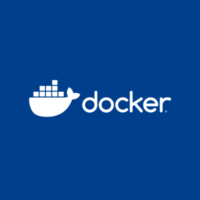7 Container Orchestration Tools for Managing Microservices Efficiently
When people hear ‘containers,’ they don’t immediately think about an IT solution that helps businesses create and distribute applications seamlessly. However, the container concept has been around for a long time, helping companies in various industries globally.
Containers continue to change the landscape of app development and deployment. This guide below will help you understand containerization and the best orchestration tools to manage containers.

Understanding Containers
Before, if you wanted to run an application, you had to install a version that fit your device’s operating system. That meant getting something that specifically ran on your macOS or Windows. With containerization, an application can run on all types of operating systems. Plus, developers can easily optimize them for all devices.
Generally, a container refers to a unit of different resources an application requires to run smoothly across computing environments. These include the necessary binary codes, libraries, and configuration files. That means containers allow applications in different operating systems.
Meanwhile, for developers to manage containers and other related microservices, they need container orchestration tools. These platforms help automate various processes to help execute container-based apps or systems more efficiently.
Containers and orchestration tools are primarily used by IT and telecommunications companies. However, various industries may utilize them, including banking, financial services, insurance (BFSI) companies, government, retail, and healthcare.
Benefits of Containers
Containers are generally portable. Because of that, developers can work on an application anywhere, ensuring better productivity for companies.
Developers can create multiple copies of their application stacks and configurations through containers. Each container has everything an application needs, which means developers can update a container without disrupting its overall performance.
Furthermore, containers don’t require a specific operating system, so they’re lightweight on all devices. That means they may use less storage, RAM, and CPU performance. Because of that, companies can lower their hardware and data costs.
Moreover, a container system is also more secure because of its isolation. Developers can run multiple containers on one server and allow them to share resources. However, all containers are independent. That means if one crashes, the others will still work. So, if one container is affected by malware or is hacked, the effects will be isolated. Other containers with the same configuration, libraries, and resources will remain unaffected.
Best Container Orchestration Tools Your Business Can Try
Developers need orchestration tools to manage containers better. Fortunately, various platforms are available today.
Choosing one depends on multiple factors. These include team size, budget, application compatibility, and security compliance. You can consult your in-house IT team or employ IT support services from Mustard IT.
With that, the following are among the best options you can try.
1. Kubernetes
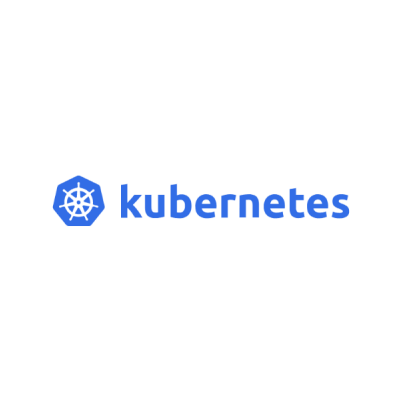
Developed in 2008 by Google, Kubernetes remains one of the most popular out-of-the-box open-source container orchestration tools. This platform offers a vast library of functionalities created by different communities worldwide for excellent microservice capabilities. That means most orchestration solutions are developed based on the Kubernetes platform. In 2014, Google handed Kubernetes over to Cloud Native Computing Foundation.
One of the things that make Kubernetes the best in the market is its automated deployment features. It allows developers to automate various tasks in their containerized applications. These include automatically scaling resources based on use and updating the application when necessary. It also enables auto-placement, restart, and replication of applications.
Furthermore, this platform allows developers to monitor, analyze, and optimize every digital application in their containers. It also supports load-balancing options for various internal and external needs. Plus, Kubernetes allows developers to mount and add storage dynamically.
Finally, this platform supports the use of DevSecOps. It enables developers to integrate security seamlessly for container operations across multiple clouds.
These features and more enable Kubernetes to help companies boost productivity and improve workflows.
2. OpenShift
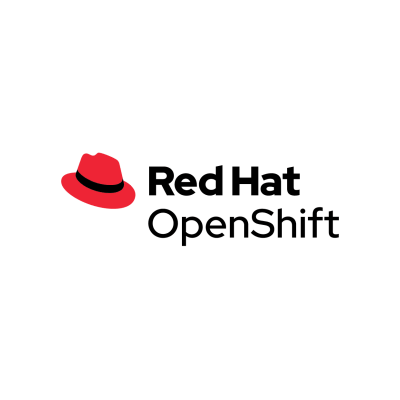
OpenShift by Red Hat provides an enterprise-grade hybrid platform that expands the Kubernetes functionalities. Built on the Linux Operating System, this platform offers both Container-as-a-Service (CaaS) and Platform-as-a-Service (PaaS) cloud service computing models.
This platform offers a small learning curve for developers. That means first-time users can quickly get acquainted with OpenShift and immediately work on an application.
Moreover, OpenShift allows developers to easily create databases, frameworks, and other application services. That means they can streamline their workflows and automate their containerized application’s lifecycle with fewer disruptions. This platform also lets companies purchase certified applications for various areas, thanks to Red Hat Marketplace. These include billing, support, visibility, and governance.
3. Nomad
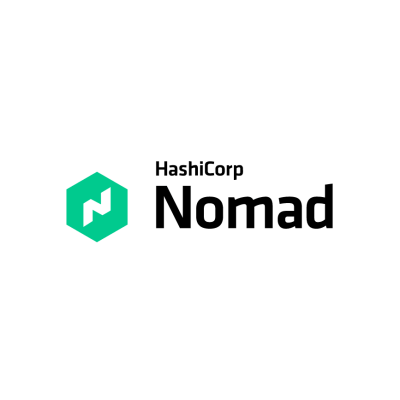
Developed by software company Hashicorp, Nomad is an orchestration platform that helps support containers. It shares a similar concept as Kubernetes. However, the difference is that Nomad supports container and non-container workloads. Plus, it integrates other Hashicorp tools like Consul, Vault, and terraform.
Moreover, Nomad allows developers to manage containerized or legacy applications using a more uniform workflow. This platform supports macOS, Windows, and Linux use for better flexibility.
Additionally, it offers GPU support and device plugins. Other benefits include easy federation, scalability, and multi-cloud deployments.
4. Docker Swarm
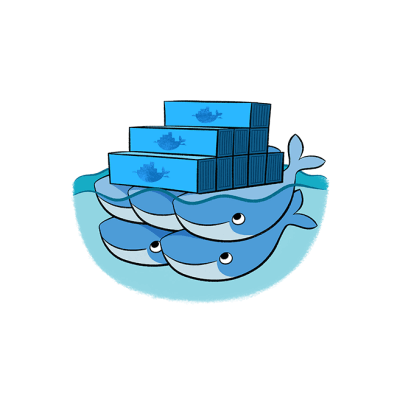
Docker is a set of PaaS products for developing, shipping, and running applications. Swarm or swarm mode is Docker’s native support for container orchestration for Docker engines. It consists of Docker Engine-deployed Swarm manager nodes. They help control the activities of the Swarm and help manage container interactions.
The Docker Swarm offers more portable and agile applications. Swarm managers provide seamless load balancing by assigning workloads to the proper hosts. The platform’s distributed environment enables developers to have more decentralized access and collaboration. Plus, they use redundancy to offer high service availability.
Furthermore, the Swarm ensures proper scaling for developers. The good news is that this platform doesn’t require extra plugins when used. Plus, all of Swarm’s functionalities are lightweight on all devices.

5. Rancher
Rancher is one of the most recognized Kubernetes container orchestration products primarily because of its security features and run time. It supports containerized workloads in various locations, including on-premises, cloud, hybrid, and edge deployments.
Furthermore, Rancher offers configuration tools and various operation management features. These include managing members, nodes, projects, and volume and storage classes.
6. Mesos
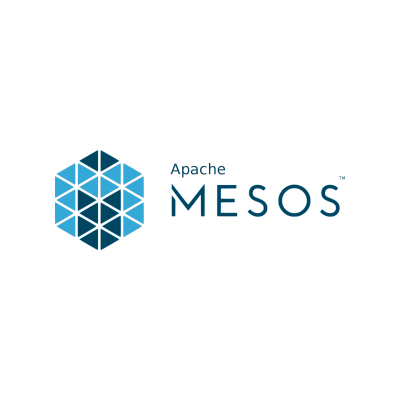
Created by Apache, Mesos is an open-source cluster management tool that can seamlessly perform container orchestration. It enables developers to share and allocate resources across distributed frameworks through its modern kernel features.
Furthermore, this platform offers more linear scalability that allows the deployment of 10,000 nodes. It also provides a multi-resource scheduling feature. The Apache Mesos is best suited for deploying and managing applications in large-scale clustered environments.
7. Helios
Helios, developed by Spotify, is one of the best tools to orchestrate Docker containers. It’s famous for its practical nature and its functionalities.
This platform doesn’t require any specific operating system, device, or cloud services to manage containers. That means Helios fits seamlessly with most developer workflows. Plus, this platform enables developers to run single-node and multi-node instances.
Moreover, the Helios platform documents cluster history, including restarts, deployments, and updates.
Optimize Your Microservices with a Container Orchestration Tool
Containers have revolutionized the way companies work on applications thanks to features like portability, replicated test environments, and scalability. As containerization grows, it requires more intelligent orchestration tools for better management with added helpful features.
Many tools are now available to various companies depending on their needs. Generally, they all enable developers to work more productively and securely.
About the Author

Ivan Serrano has been a technology and business writer since 2015 working with companies like SmallBizClub, StartupNation, Namecheap and Time Doctor. He’s obsessed with our constantly evolving fast-paced society and finding new ways to integrate that into amazing content that teaches the readers something new.


